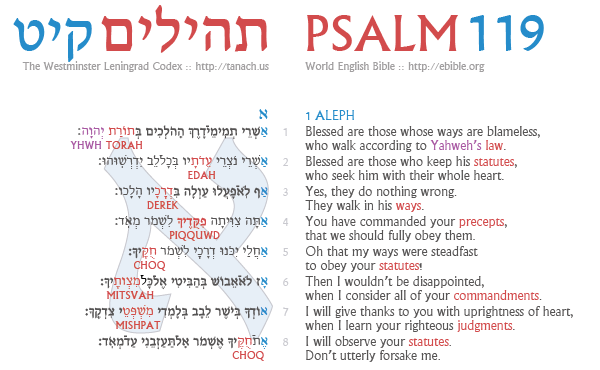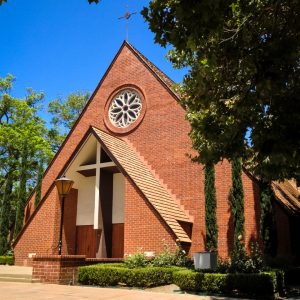
One of my aunts was a hair dresser and when her grandmother passed away, she washed and styled her grandmother’s hair. My aunt spent her days in a somewhat superficial world so I was surprised and kind of grossed out when she told me. She said it was one of the most powerful experiences of her life. It was so intimate to be with this woman who had cared for her, often when she was most vulnerable. She felt it was one way she could express her love.
Last week we got to see the Nikoui-Smith family baptized into new life by immersion. Full body, in the pool, all four were left dripping wet. It’s a bit silly to plug your nose and be seen soaking wet by everyone. Humbling, welcoming and communal, it’s exactly what faith is supposed to be. While in Christianity we are only baptized once, in Judaism it is done several times throughout a person’s life, including after they have passed away. This final bath is a way of returning their bodies clean and pure as it was at their birth.
Known as taharah, family members and friends recite Psalms and prayers as they give their loved one a final bath. After the body is clean, it is then covered in white linens called tachrichim which are made without pockets or any other way to express wealth. When the body is dressed, it is tradition for someone to stay with the deceased until it is time for burial. A practice called shimrah, the shomrim is the person who sits and reads Psalms out loud until the time of burial. In ancient times, the shomrim guarded bodies from thieves or animals, today, the custom remains primarily as a sign of respect for the dead whose souls are said to linger near their bodies until burial. Humbling, perhaps silly or even creepy, it is a welcoming and communal practices of love that carries a person throughout their life and into the next.
During the taharah and the shimrah, the Psalm that is most commonly read is our text for this week, Psalm 119. The longest of all the Psalms, its 176 verses are divided into twenty-two stanzas, one for each letter of the Hebrew alphabet. Within each stanza, each of the eight verses begins (in Hebrew) with that letter. It is a Psalm that praises God and reminds readers that no matter how harsh the world may seem, following God will lead to peace. For thousands of years this Psalm has connected people from various countries, faiths and life experiences to remind us that despite the superficial things we use to segregate ourselves, we are all God’s children.
To see a very well done, family-friendly video of the Jewish burial process, click here.

